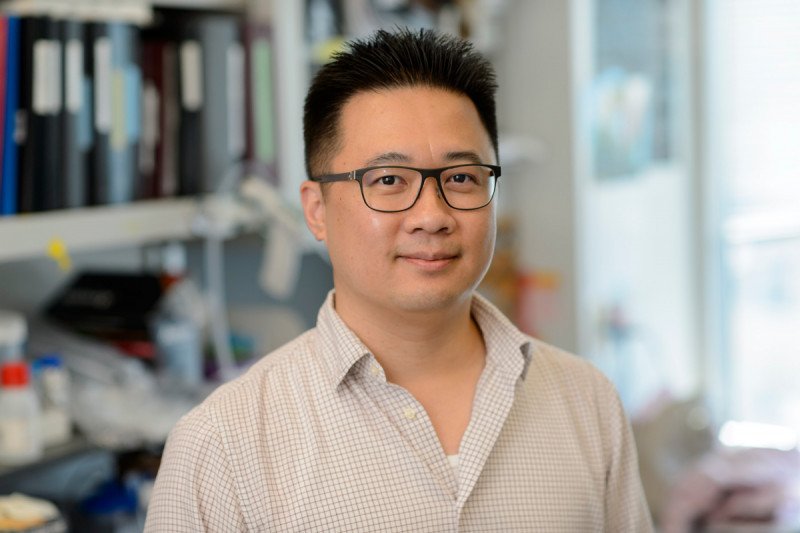
Astrocytes are one of the most abundant cell types in the human brain and act as important players during nervous system development and in modulating neuronal function in the adult, exhibiting functions ranging from the control of energy metabolism to mediating synapse formation and elimination. Important insights into astrocyte function have been gained through studies of the murine system; however, there are significant species-specific differences in astrocytes that are likely essential to understanding their role in human neurological disorders.
Current human in vitro models require either the use of post-mortem brain tissue or derivation of astrocytes from hPSCs, the former of which is technically challenging, and the latter is laborious involving processes that remain poorly defined. A key drawback in deriving astrocytes from hPSCs using current protocols is that these strategies take 90-180 days to produce astrocytes, making it difficult to generate and use these cells routinely in disease modeling studies.
The protracted timing for human astrocyte production is likely due to the slowly unfolding human developmental program in which neural stem cells transition from neuronal to glial competency in a manner that mimics the gestation time of the species. Understanding the switch from neuronal to glial competency is critical for developing novel strategies that enable the routine and rapid differentiation of human pluripotent cells into glia and presents an unresolved basic problem in human biology.